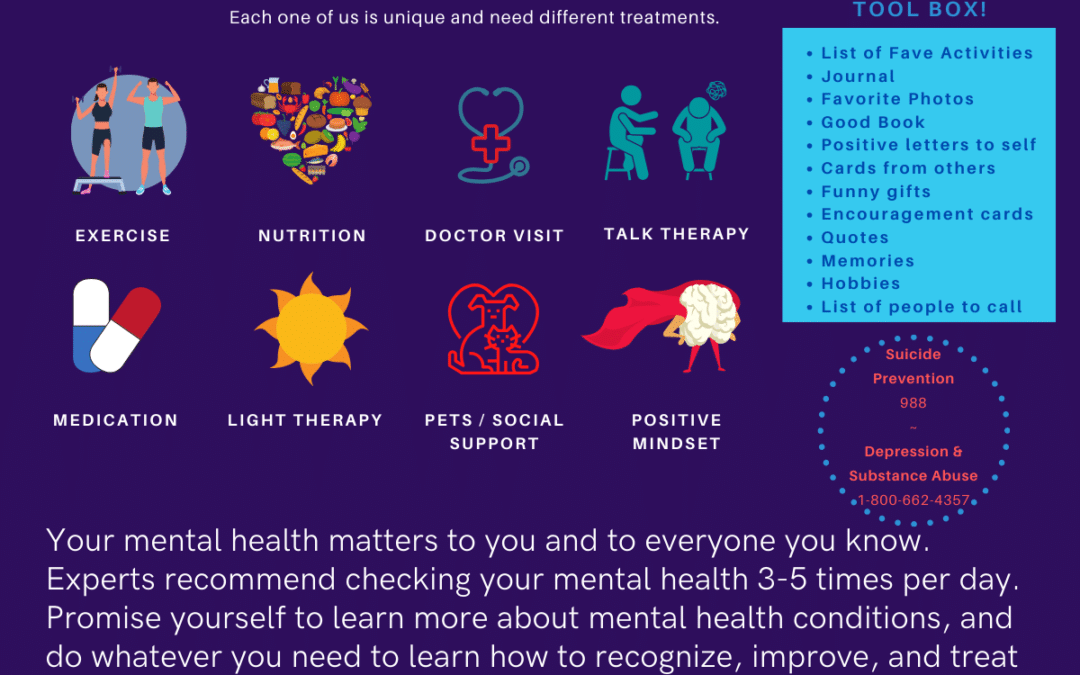Photo Credit: Canva AI
Cautionary Copyright Rules for Writing a Book with AI
“I wrote 40 Books!” A dear friend mentioned that her new client stated she wrote 40 books. My friend, a leadership coach was impressed and asked, “How long did that take you?” Her client replied, “Two weeks. AI is magic!”
My jaw dropped, “Oh my.” It reminded me when I realized many self-published books are never edited, pollute the publishing industry, and dilute the craft of quality writing.
I am not a fraidy cat nor anti-AI. I use it for my business marketing, and it’s a blast! Thanks to Performance Coach, Marcey Rader of Rader Co, I started using it for healthy meal plans and recipes.
The speed, the responses, and the perspectives it offers seems unworldly. I could easily spend days playing on it. It offers better adjectives than Google and my favorite thesaurus combined.
Its uses are limitless. Unfortunately, as we’ve learned, tech tools can’t do everything for us. Even my GPS apps send me in the wrong direction, and that app is likely to have the most reliable information on the planet downloaded from satellites in space! However, I confess: 99.99% of my U-turns are my fault.
Fortunately, AI, like all apps demands human intervention to operate and assess accuracy, sources, logic, and dozens of other reasons. Although, the GPS light, “use with caution” is a good rule to live by and is applicable with AI, too. “When writing your book, use caution with AI.” And lest we forget, “Don’t drive with AI.”
One of my authors recently used her plane time to expand some concepts for her book. She used AI. She sent the document to me, and I was stunned. It was the first time I encountered one of my clients engaging with AI for the book we are writing. I reached out to some of my industry colleagues, and they, too, are beginning to see this with their incoming authors.
And Friends, this is where the chilling cautionary tale begins. I’m not here to shame anyone for using AI for appropriate outputs. In fact, my author prompted me to research and write this article. However, like GPS, Google, social media, and the stock market, we need to proceed with caution.
Once you scroll through the plethora of Google ads sponsored in your search, the searches can result with inaccurate responses. Social media offers its own bags of treats for meaningful connections and its tricks of scams and the inhuman behavior. You wouldn’t put all your money down for your favorite candy in the stock market, either.
Why would we willingly throw caution to the wind and use it to write one or dozens of books?
Why does it matter if we use it to build on our concepts?
What exactly are the risks when you use AI while writing your book?
I’m so glad you asked! Like everything, you are free to do as you wish with AI to author your book. I find it’s best to make informed and educated decisions. Hence the reason for this article. So, next time, as you open your favorite AI platform, imagine the flashing message, “Use AI with caution!” and remember these chilling rules.
Can AI & IP Play Nice in the Sandbox?
The greatest concern has been, “Do I own the copyright of the work I do with AI?” Like many legal answers, “that depends.” According to Congress.gov which states “it all has to do with human authorship.” “The Copyright Act affords copyright protection to “original works of authorship.” At this time, humans are the only ones identified as “authors” in the Copyright Act. It’s true: Sadly, Casper the Friendly Ghost doesn’t count.
“U.S. courts to date have not recognized copyright in works that lack a human author—including works created autonomously by AI systems.”
Assuming that copyrightable works require a human author, works created by humans with the assistance of generative AI might be entitled to copyright protection depending on the nature of human involvement in the creative process.
“I’ve got chills… they’re multiplying!”
File Your Copyright with Caution
When you file for copyright, government guidelines state
that authors who use AI to write books may claim copyright protection only “for their own contributions” to such works, and they must identify and disclaim AI-generated parts of the works when applying to register their copyright.
What does this mean? Open your candy bag for some delicious tricks and treats to eliminate the guesswork from these examples I’ve mentioned.
- The author of 40 books written in two weeks. Not copyrightable.
- When I simply ask AI for a couple answers, explanations, or synonyms for a chapter. Copyrightable.
- My author who broadened details for her concepts – Copyrightable, WHEN:
- – We infuse her voice.
- – We accurately fact check with other resources.
- – We know it makes sense for our work.
- – We correct the writing, pace, and cadence to be her voice instead of the robotic monotonous, and formal AI voice.
- – We assure the words used are words she would use in conversation.
- – And as my author taught me, we remove the em-dash, a dead giveaway that AI was used.
Fortunately, as I believed, my author was not looking to “hide behind AI” and claim the work her own. She agreed to list AI as a contributor, which we now know, we need to disclose AI content when we file the copyright. As for my conscious, she made me feel more comfortable about integrating her AI content.
Tracking Tips!
- Be sure to highlight any AI obtained content with a designated color.
- This will be helpful for anyone you work with (ghostwriter, editor, book doctor, publisher) will know it’s from AI and can edit, polish, proof it.
- Keep a version for your record in case the Copyright Office ever needs proof of your AI disclosure.
- Be sure to properly cite all AI platforms you used – similar to a bibliography entry for articles, website pages, research, etc.
Copyright Assurance: Take the Safe Route when Trick or Treating
- Book Title, Subtitles, and Chapter Titles are not copyrightable, so go crazy!
- Book Topics, Concepts, and Research, are a tricky spectrum. Spread caution like you would with your BBQ sauce, plain, honey, garlic, spicy, flaming. You are probably best with your first three. However, if you need the fire department, give AI proper credit!
- Paragraphs, whole chapters, or the whole book – Don’t do it!
- Charts, Ven diagrams, graphics, infographics – Give AI credit as due.
- Editing at any level for grammar, punctuation, sentence structure, flow, consistency, and so much more, give AI credit. AND be sure to read it through yourself and with a professional editor. If not, it would be like depending on the editors and autocorrect from MS Word, Google, and iOS to be accurate! Ugh – That’s another article!
- Even at Halloween, “sharing is caring,” and ChatGPT loves sharing more than candy. It does not subscribe to “tradesies!” It does not dig on swine who takes all the credit, either!
AI’s Terror: Eerie Errors
Before we part, the last caution I will leave you with is to:
Remember that accuracy is the most important aspect of any book we write or any curated research. There have been countless unfavorable situations AI has caused. This article about AI nightmares by CIO.com lists terrifying outputs in 2025. Read it with all your lights on.
In recent years, countless authors are suing OpenAI for loading their copyrighted works into the OpenAI platform. This article by CIO.com shares terrifying AI nightmares. Read it with all your lights on.
It always pays to double-verify the information from AI for accuracy. Be sure your sources are accurate. Even though, to research and write this article, I could have reduced the nine hours I spent on a Saturday to five minutes with AI. However, my author prompted my curiousity. I wanted to learn from industry experts, key journalists, and legal resources. Plus, my subconscious worried that AI would manipulate my data to make itself look good. I certainly don’t to feed its ego.
More to Know for avid AI Fans: As a result of my persistent research to uncover answers that were not so easy to find, I came across the brilliant articles below. There is so much information. Being a former techie, it was fascinating for me. I’ll be reading them all again, and I hope you will find as much value in them as I did.
We learn something new every day. You may now consider yourself informed and educated to make the best decisions for you to use AI as a cautionary tool to you write your book and protect your copyright. Happy Writing!
MUST READS FOR OpenAI and ChatGPT USERS
- This Should be a “Dummies for ChatGPT Book”
- Best Article on Prompts
- Best Article on Saving Data
- Open AI Terms & Privacy Policy which also governs use for ChatGPT.
- Apple ChatGPT Extension Privacy Policy
Let’s Get Writing!
Writing a Book? Send questions to Cindy@CindyDawn.com or schedule a Book Chat to discuss your book! Learn more about Cindy.





